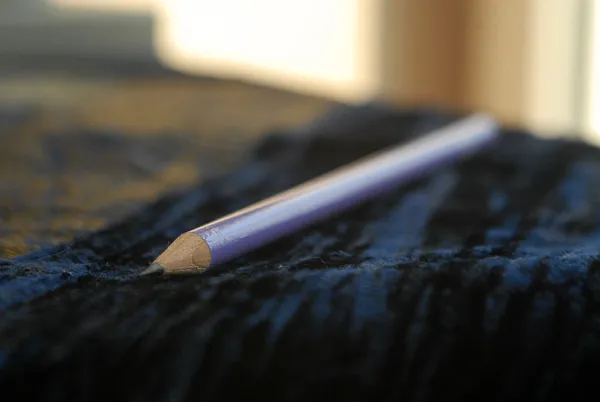Before I start, I need to tell what has happened to me recently. This is for you to understand the reason for my thoughts. I went to a computer store (I will not say its name) to buy new electronic hardware and whilst looking for the things I needed, I accidentally heard a conversation between two lads.
I worked out that they had wanted to buy computer speakers. However, they couldn’t decide which ones to get as they were either too cheap, too simple, too poor or inadequate. One of the arguments they used, namely “simplicity”, made me think. When I found what I had been looking for I went back home. On the way home I was pondering how much technology had advanced, how much of a choice we had and how much variety we were surrounded by. I was wondering if people in the midst of all the obvious things like the speakers or other things which surround us, we use and of which we have such a wide selection to satisfy our whims, don’t forget or wonder how complicated the world around us is, not only in terms of nature or the Earth but also in terms of technology which surrounds us.
To try and understand what this complexity is all about I’d like to use an example of a simple and an amazing process of making a pencil. This may not be strictly linked with technology but shows a connection. If you happen to have a pencil at hand, have a look at it. What can you see? A piece of carved wood, possibly lacquered, with the lead inside, advert outside and one rubber end. Simple or complicated? I find a pencil an incredibly complicated creation. I’m serious! Tell me, have you ever thought about the process of making a pencil? We have got used to the fact that pencils are everywhere. At schools, in workplaces, firms, cafes, different institutions. We buy them for next to nothing, get for free, find everywhere. But I’m sure that you wouldn’t be able to make a pencil yourself, from A to Z. Let’s see why not. Making pencils requires work of many people all around the world, lots of machinery, firms, technology and resources such as raw material. So to create a wooden baton, you need wood. But to have wood, you need to cut down a tree. To cut down that tree, you need a saw. But you also need to make the saw. To make it, you need knowledge of how to acquire metal, how to work iron and how to make a mould. It takes hundreds of years, experience of many people and thousands of trials and errors to gather this kind of knowledge. Well, say that you are able to create a saw. When you cut the tree down, you need to take it to a factory. You need a truck to do this. And you could write and write what you would need to do to create the truck, the engine, tyres, windowpanes, lights, petrol for the truck to work and you still wouldn’t be able to write a hundreth of everything you need to create a “simple” pencil. Imagine how much you would have to think about in case of a computer, calculator, phone, satellites, TV, space shuttles! Dear Readers, do you know what I mean? Since humans appeared on the Earth the minds all over the world and over the centuries have been thinking, creating, trying, failing, re-trying, observing, learning from their mistakes, devoting their time, energy and heart so that humankind has an easier life.
Surely each of us was taught when we were children by our parents and grandparents that hard work had to be respected and that we should be grateful to fortune, God and other people for what we have. They taught us to be modest and humble. I remember when my parents used to remind me that the world around us was more complicated than I’d thought it was and that I should be grateful that I had a pencil because many people in the world couldn’t even afford it. And I noticed that, just like many of my peers whom I talk to everyday, whom I see and listen to, I stopped to appreciate what I had and I don’t even know when it happened. A lot of things have become usual and obvious to me. But it wasn’t always like that. I used to see hard work in everything that I have told you about. The aim of this article isn’t to preach, but to share with you my thoughts on how incredible the world around us is in its simplicity. Spend a minute or two and think about how many people have worked hard for all their lives to help create the world the way it is now (focus on positive efforts and outcomes only!) and try to remember it, because it is easy to forget it in the hustle and bustle of the present, consumerist civilization and life which goes so fast. It will also give us a chance to remember our childlike curiosity which once accompanied us on a daily basis. Personally, I consider this curiosity a priceless gift which we should respect and try not to loose :-)
Pleasant observations and wise conclusions!
Elsi Adajew
Tłumaczenie: Karolina Ginalska







